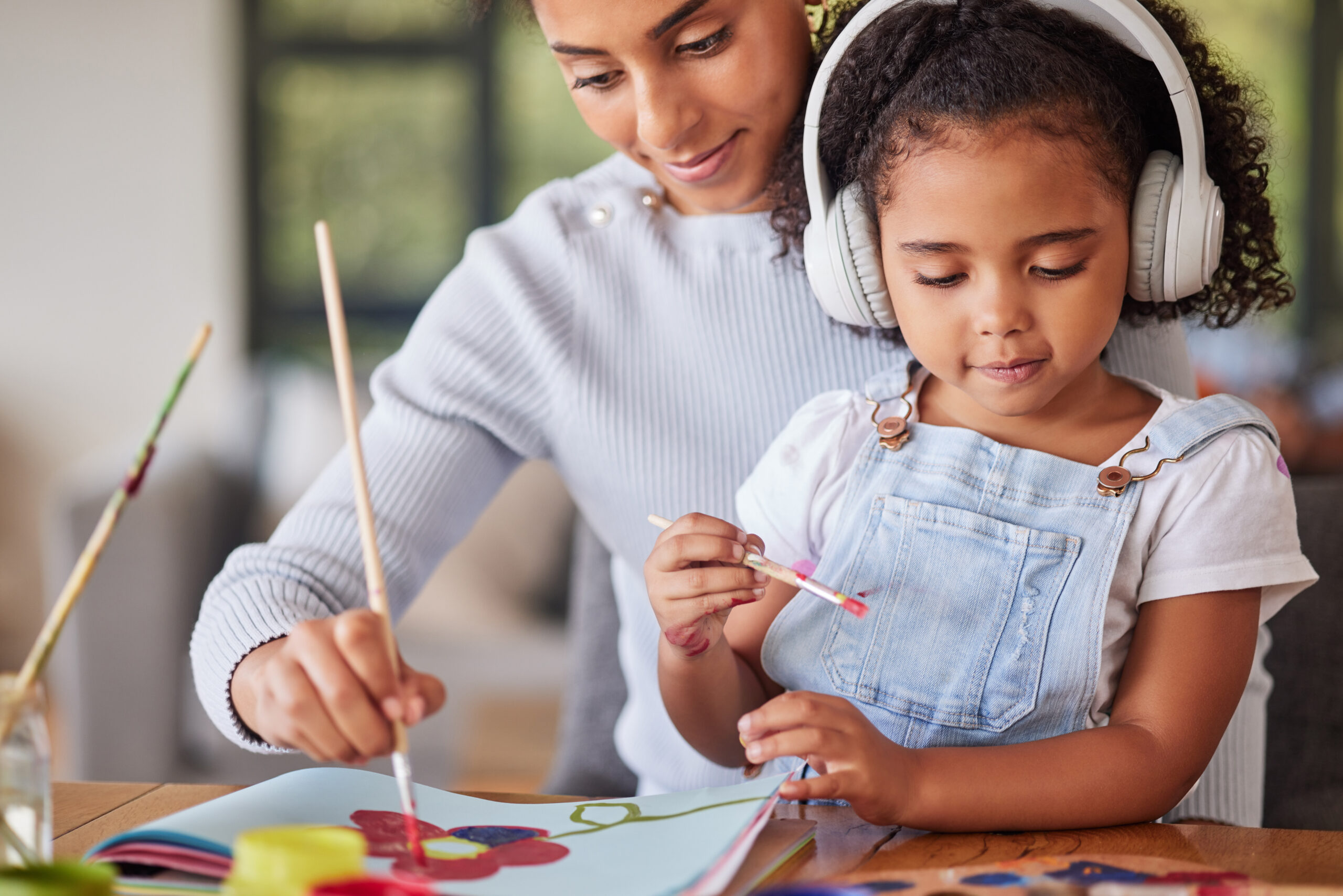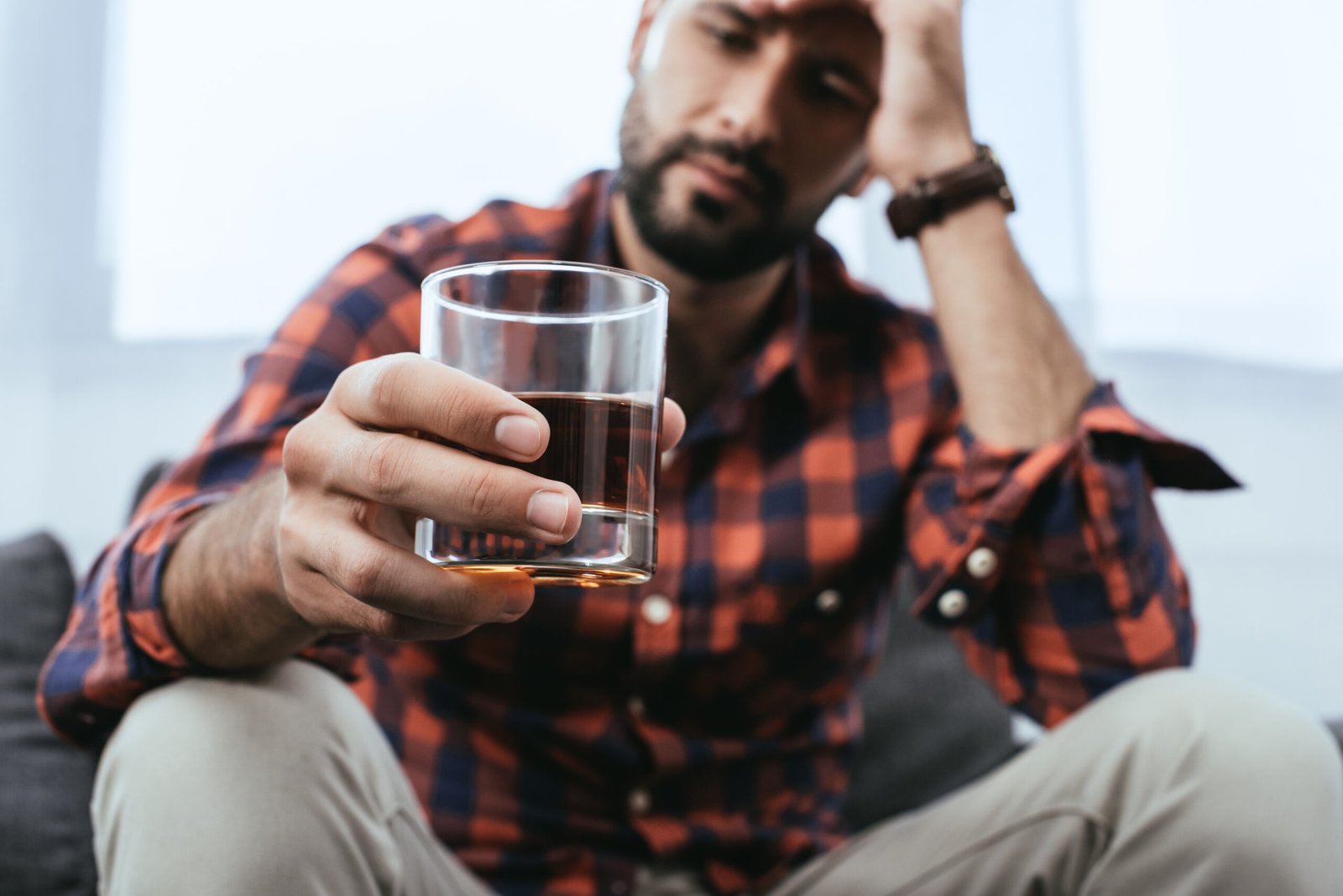Suicide Prevention
Active Recovery: Trenda's Story
Trenda shares her personal story of recovery.
As a young teen, I made my first try at suicide. It wasn’t long after that first try that I began using drugs and alcohol to try to cope. Years of child abuse and neglect had taken its toll on me and I needed an escape. Drugs and alcohol seemed to give me just that. They also gave me a life on the streets. They placed me in risky situations. They exposed me to sexual promiscuity and finally sexual assault. I quickly found a variety of drugs that “helped” me cope. I know now that I wasn’t really coping. I was escaping. These unhealthy coping skills would stay with me for the next 25 years. I was stuck in a cycle of drug use that was causing my illness to worsen. I had no idea how to calm myself down or how to lift myself up without using drugs. And I surely had no idea how to know what was triggering these up and down feelings.
Recovery through hope
Identifying triggers and developing coping skills has not been easy for me over the years. My recovery journey has been life-long. There have been many relapses. There have been major setbacks. Even so, being here today proves that there has also been a lot of progress. Recovery is a process. It is not linear, but rather a series of steps. Some forward, some backward, and some that must be taken in a different way. It is actually taking those steps that enables recovery to come about. What is it that urges me to take those steps? It is hope.
Many people have asked me how one gets hold of hope. The answer to that differs for each of us. My answer centers on finding meaning and purpose in life. Today for me, hope comes from my faith. It also comes from my work. To be able to use my own life’s story to help empower and support others gives me a meaning and purpose here on earth. There is nothing more gratifying to me than speaking with peers who are struggling and hearing that sigh of relief. It means that somebody truly understands how they feel.
Taking an active role in recovery
I am a firm believer in personal responsibility and taking an active role in your own recovery. When I was at my worst, I had the idea that somebody else was going to fix me. I did nothing and nothing changed. It was only when I decided that I wanted to get better that I began to start recovering. I made the choice to stop being a bystander and to start taking part in recovery. Before this, others would tell me what I needed to do to be well. It excluded the one person who truly knew what I needed for wellness—me!
Before, I viewed myself as a victim. A victim of child abuse. A victim of sexual assault. A victim of poverty. A victim of homelessness. A victim of divorce. A victim of crime. It seemed that I had been a victim of so many things for so long that I could only think of myself that way. For me, recovery was realizing that I no longer needed to live with the false belief that I could not bear all that pain. I had already bore that pain. I needed to realize that I was past that pain. I was a survivor!
One of my favorite quotes comes from Helen Keller, “Character cannot be developed in ease and quiet. Only through experience of trial and suffering can the soul be strengthened, vision cleared, ambition inspired, and success achieved.” The key to living out this quote is to look at my illness as an opportunity. Had I not been given a mental illness, I would not have the chance to share this story. It is because of the trials and suffering in my past that I am empowered to spread the message of recovery. Personal life experience gives a level of empathy and understanding that cannot be reached through a book that teaches about mental illness.
You can expect recovery, take personal responsibility, and find your meaning and purpose. You will find your own hope once you decide to take that first step.
By Trenda Hedges, Recovery Team Manager, Beacon Health Options
©2011-2019 Carelon Behavioral Health
Are the Elderly at Risk for Suicide?
Summary
If an elderly person is depressed:
- Make sure he gets treatment for depression.
- Keep her involved in life.
- Get him in a safe place.
Suicide rates are high for older adults. Why, when elderly people have weathered so many of life’s storms and for so long?
The answer may lie in the fact that many older adults have depression without knowing it. Some people think feeling low is just part of aging, and there is nothing to be done about it. That could not be farther from the truth. Older adults with depression may have a common but treatable chemical imbalance.
Sometimes depression is caused by a health condition, such as a thyroid disorder, diabetes, Parkinson’s disease, multiple sclerosis, a stroke, tumor or some viral infections.
Common medications can also lead to depression. This includes drugs for blood pressure and arthritis, as well as hormones and steroids. The more meds a person takes, the more the chance for having depression. It’s important for the doctor to know all of the meds a person is taking. Alcohol and the use of painkillers can accelerate depression as well.
By the time a person reaches their 70s, they have most likely lost friends and loved ones. Children and grandchildren might live far away, or are too busy to visit or call. Widows and widowers often find themselves away from the families they once knew. By choice or by chance, they might spend most of their time alone, even on holidays.
Any sudden event, such as illness or the loss of a loved one, can upset the balance of an elderly person’s life. The person may start drinking, or drink more often. Or, that person might stay away from people because they are embarrassed or do not want to be reminded of what life once was. They may love to relive the past; but their friend may want to forget.
If I think my loved one is at risk, what can I do to help?
- Alert a doctor, social worker or family to the problem. A change in meds or environment may be all that is needed.
- Help your loved one keep continuity and predictability in life. Make sure they are eating well. If they live alone, see that they spend time with other people, many times a week. Help build a routine for your loved one that includes a social life, some exercise and plans for the future.
- Express your concern. Tell them they mean a lot to you. Let them know you are not the only person who loves them. They are important in the lives of many others. You want to help them believe they are wanted and still useful in the lives of others.
- Get them in a safe place. Make sure there are no guns or lethal drugs around. If your loved one is taking sedatives, make sure that it is still safe for them to do so. Don’t leave them alone. Keep a close watch on her moods and listen to what they say. Listen to your feelings: If you are worried, get help right away.
Resource
If you or your loved one are in a crisis and need help immediately, call 800-273-TALK (8255) or 800-SUICIDE (784-2433) any time, any day. Or go to the National Suicide Prevention Lifeline website. These 24-hour-a-day suicide prevention lifelines are free services, available to anyone. All calls are confidential.
By Paula Hartman Cohen
©2012-2021 Carelon Behavioral Health
Coping With Suicide in the Workplace
Summary
If an elderly person is depressed:
- Make sure he gets treatment for depression.
- Keep her involved in life.
- Get him in a safe place.
Suicide rates are high for older adults. Why, when elderly people have weathered so many of life’s storms and for so long?
The answer may lie in the fact that many older adults have depression without knowing it. Some people think feeling low is just part of aging, and there is nothing to be done about it. That could not be farther from the truth. Older adults with depression may have a common but treatable chemical imbalance.
Sometimes depression is caused by a health condition, such as a thyroid disorder, diabetes, Parkinson’s disease, multiple sclerosis, a stroke, tumor or some viral infections.
Common medications can also lead to depression. This includes drugs for blood pressure and arthritis, as well as hormones and steroids. The more meds a person takes, the more the chance for having depression. It’s important for the doctor to know all of the meds a person is taking. Alcohol and the use of painkillers can accelerate depression as well.
By the time a person reaches their 70s, they have most likely lost friends and loved ones. Children and grandchildren might live far away, or are too busy to visit or call. Widows and widowers often find themselves away from the families they once knew. By choice or by chance, they might spend most of their time alone, even on holidays.
Any sudden event, such as illness or the loss of a loved one, can upset the balance of an elderly person’s life. The person may start drinking, or drink more often. Or, that person might stay away from people because they are embarrassed or do not want to be reminded of what life once was. They may love to relive the past; but their friend may want to forget.
If I think my loved one is at risk, what can I do to help?
- Alert a doctor, social worker or family to the problem. A change in meds or environment may be all that is needed.
- Help your loved one keep continuity and predictability in life. Make sure they are eating well. If they live alone, see that they spend time with other people, many times a week. Help build a routine for your loved one that includes a social life, some exercise and plans for the future.
- Express your concern. Tell them they mean a lot to you. Let them know you are not the only person who loves them. They are important in the lives of many others. You want to help them believe they are wanted and still useful in the lives of others.
- Get them in a safe place. Make sure there are no guns or lethal drugs around. If your loved one is taking sedatives, make sure that it is still safe for them to do so. Don’t leave them alone. Keep a close watch on her moods and listen to what they say. Listen to your feelings: If you are worried, get help right away.
Resource
If you or your loved one are in a crisis and need help immediately, call 800-273-TALK (8255) or 800-SUICIDE (784-2433) any time, any day. Or go to the National Suicide Prevention Lifeline website. These 24-hour-a-day suicide prevention lifelines are free services, available to anyone. All calls are confidential.
By Paula Hartman Cohen
©2012-2021 Carelon Behavioral Health








